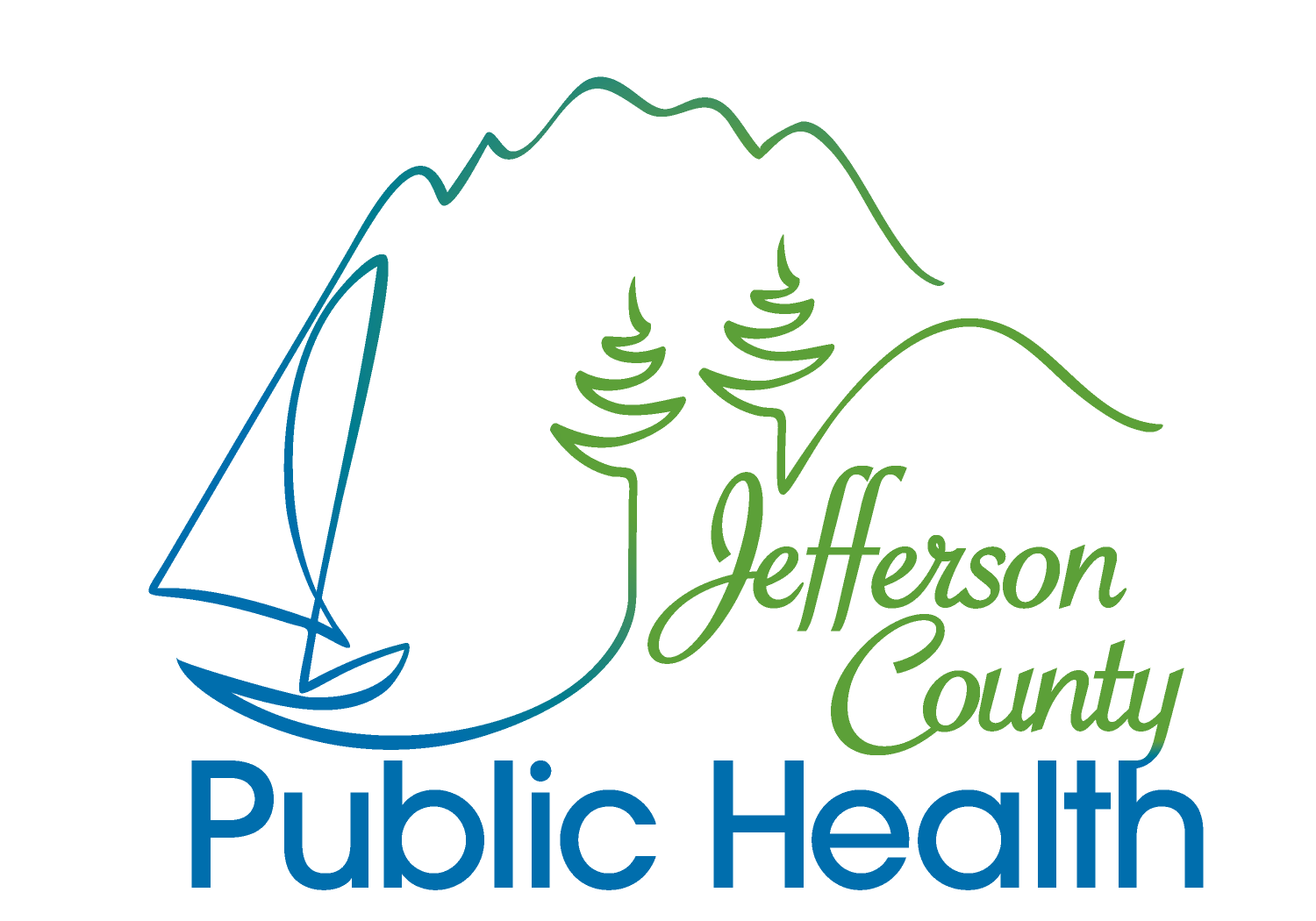These updates and resources are current as of 2/21/2025. We will update as needed. Please give us a call at (360) 385-9400 if you have questions.
Cats
One of our most urgent concerns at this time is cats’ susceptibility to highly pathogenic avian influenza (HPAI) due to exposure to wild birds and raw food. Multiple recent recalls have been announced for raw pet food. The AVMA recommends not feeding pets raw food.
When a cat presents with neurologic symptoms, please use PPE and consider HPAI. At this time, testing is only supported at WADDL for cats with an epidemiologic link to identified exposures. Contact WSDA Animal Health at ahealth@agr.wa.gov or (360) 902-1878 if you have a symptomatic cat with known exposure: sick birds or cattle on the premises, has been fed raw food/milk, or is an outdoor cat with access to wild birds. Guidelines for specimen collection can be found here.
Resources:
AVMA: Avian influenza A (H5N1) in cats
WSDA: HPAI in Cats (one-page fact sheet)
2/14/25 WSDA: Wild Coast Raw Pet Food Identified as Source of Bird Flu Infection to House Cats
1/15/25 AVMA: Cat deaths linked to bird flu-contaminated raw pet food, sparking voluntary recall
12/24/24 NW Naturals Voluntary Product Recall
WSDA: Testing guidelines for pets
Domestic Poultry
Avian influenza is extremely fatal to poultry, which often acquire it from exposure to infected water fowl or each other. Commercial poultry are routinely tested, and as of 2/14/25, there are no known positive flocks in Washington State at this time.
Please encourage owners to keep their flocks outside but separate from wild birds, and to report if a flock experiences sudden death or illness in multiple birds using the online reporting tool or by calling WSDA’s Sick Bird Hotline at 1-800-606-3056. Birds that have already died should be double-bagged and kept in a cooler on ice until WSDA veterinarians can arrange for sampling.
Resources:
WA DOH: How to Prepare for a Healthy Family and Flock flyer
WSDA Domestic Sick Bird Reporting Form
WSDA Bird Flu FAQs (added 2/27/25)
Cattle
As of 2/14/25, there have been no identified cases of H5N1 in cattle in Washington State. There is regular monthly statewide testing of the commercial milk supply in order to identify cases in dairy herds. Recently, spillover of avian influenza into cattle from wild birds has been documented, which increases the possibility of cattle exposure in our state. To minimize this risk, please encourage clients to keep their cows’ water sources where wild birds do not have access.
Symptoms of avian influenza in dairy cattle are usually quite mild and can be as minimal as a decrease in milk production. Avian influenza is highly concentrated in the milk of infected cows, posing a risk to dairy workers.
Transmission of avian influenza from cows to dairy workers and large animal veterinarians has been documented in multiple states. Wearing proper PPE when caring for potentially infected animals can prevent this transmission.
Resources:
AVMA: Avian influenza virus type A (H5N1) in U.S. dairy cattle
HPAI (H5N1) in Cattle – Producer Resources
APHIS Avian Influenza Case Definition and Clinical Signs in Cattle
Other Resources:
WADDL: Testing for Highly Pathogenic Avian Influenza Virus
WSDA: Avian Influenza Guidance for Farm Workers
Edited to include additional resource 2/27/25
